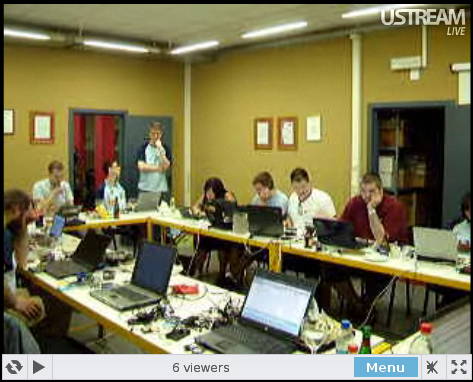I’ve noticed for quite some time that java apps haven’t seemed to work on my computer when I try to use them with my browser. Whenever I’ve started most java apps, my entire browser has just frozen and gone completely unresponsive and I’ve been forced to kill and restart it.
I run Debian Linux on just about all my machines so of course I do that on my primary desktop as well. And Iceweasel is my browser.
I’ve not really bothered much about the problem as java applets are a bit of yesterday’s technology and I rarely face anything in java that I need. Until today, when I had to login to a customer’s site and use an applet for some work related to my job. There was no decent way to avoid it (apart from perhaps logging in using another machine/browser or similar), so I decided to bite the bullet and finally fix my issue.
I searched around and I tried uninstalling all openjdk stuff and more. I restarted Iceweasel countless times to no avail.
Finally I stumbled over this post by user “almatic” and voila, it fixed my problem. As I just wasted like an hour on this, I’ll help out to make the world a little better by providing the answer here as well:
open file /etc/sysctl.d/bindv6only.conf and set net.ipv6.bindv6only=0, then restart the procfs with invoke-rc.d procps restart
here are the corresponding bugs
http://bugs.debian.org/cgi-bin/bugreport.cgi?bug=560238
http://bugs.debian.org/cgi-bin/bugreport.cgi?bug=560056







